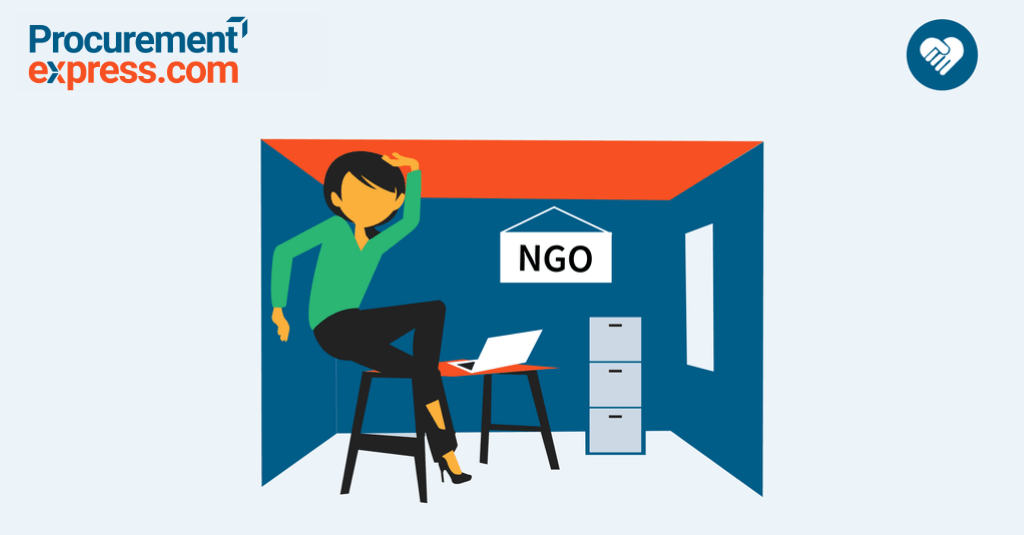 Small charity organizations are often best placed to meet the complex needs of communities. These organizations are run by local people who understand the local needs. When they stop operating, they leave a big gap in those communities.
Small charity organizations are often best placed to meet the complex needs of communities. These organizations are run by local people who understand the local needs. When they stop operating, they leave a big gap in those communities.
In recent years, tough economic conditions have driven operating costs higher than small charities can afford. Economists found that the economic squeeze is felt more by smaller organizations than the larger ones. They also predict that:
- Most countries will experience slow growth in 2017
- Inflation will continue to rise
- Unemployment will also rise
Rebecca Cooney, director of the Centre for Philanthropy wrote an article that explains how charities survive in dire economic times. Cooney reports that, if the £72bn total annual income of the charity sector in England and Wales was divided equally among the 166,000 charities, each would bring £433,735 a year. In the US, individual donors account for 88% of overall philanthropy. Consequently, economic crisis force people to hold back their donations.
Tweet this: The size of the organization does not influence the quality of charitable programs
Two reasons why small charities feel the economic squeeze most:

Lack of resources
More specifically, a lack resources to raise funds. Government and the private sector usually fund large charity organizations. This leaves small organizations no choice but to adapt and survive with limited funding.
According to the Washington Times, since the economic crash of 2008, charities have seen a steady increase in demand for their services from people in need. Unfortunately, a lack of resources make it impossible for small organizations to help everywhere they used to.
Research done by NCVO (National Council for Voluntary Organization) found that smaller organizations are forced to compete in a system that favors large organizations. Convoluted bidding processes that require sophisticated resources exclude small charities from the opportunity completely.
Funders rarely consider that:
- The size of the organization does not influence the quality of charitable programs
- The ability to spend responsibly is not influenced by the size of the organization
The difficult task of raising funds
This economic trend forces charities to come up with alternative ways of raising funds.
The advent of technology has made raising funds quite easy for large and medium-sized organizations. This is not the case with small organizations as they often lack the means to invest in fundraising software.
When small charities submit applications for funding, donors might request that they also send an audited financial statement. This won’t be possible for small organizations as they can’t afford to pay auditors.
Help for small charities
Consider partnering with local charities that pursue the same cause as theirs. They can help each other by:
- Sharing resources
- Collaborating on projects
- Forming a completely new organization
Collaborative initiatives increase the chances of getting funding. Donors will have more confidence in small charities when they realize their funds will be managed by two charities from the same area.
Another tip is to go cloud. Use software and processes that save resources for more deserving tasks. This will help small charities spend transparently, spend within budget and save a lot of human hours. (Find out how purchase software help charities here)
Procurementexpress.com is an online purchase order solution to help charities succeed. Sign up for a free trial of today. The team is available 24/7 just to make sure that you spend transparently.
What challenges do you currently have with your purchasing processes? Post your comment here




